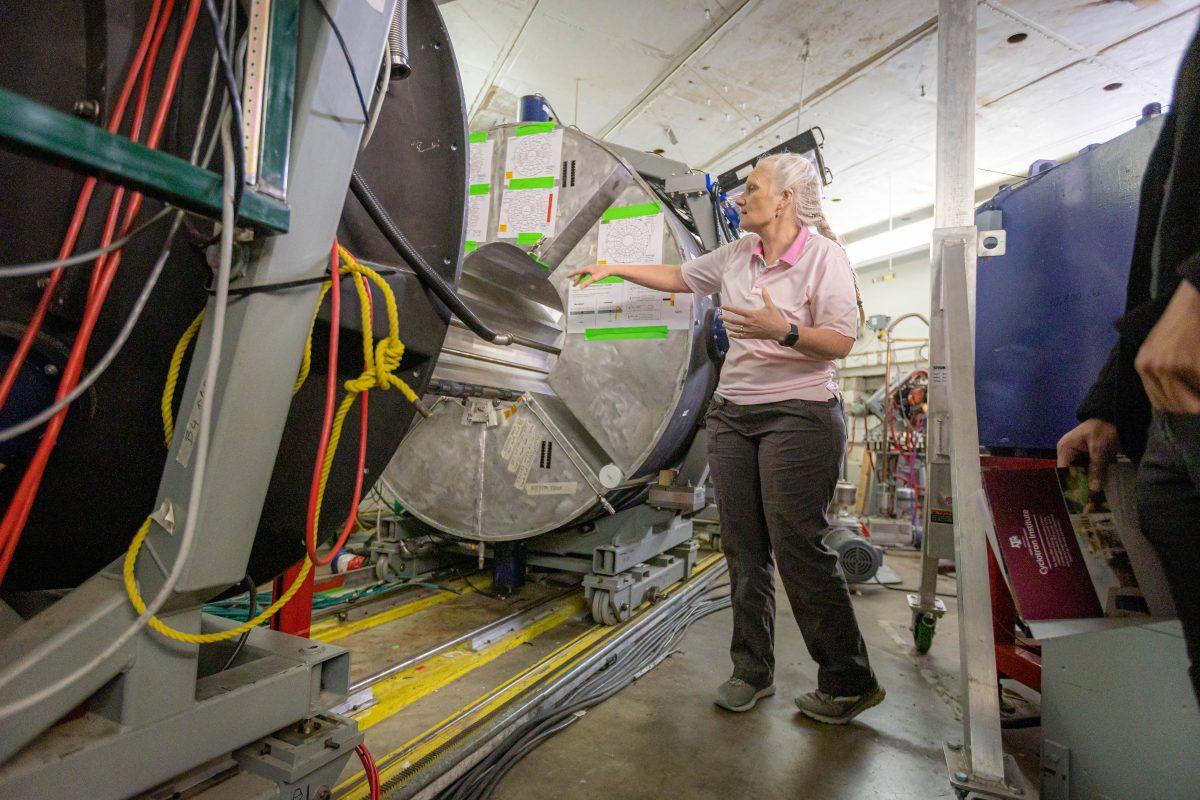When it comes to the world of science, discoveries and breakthroughs are made every day. To help you keep up with them, The Battalion compiles a few of the most compelling scientific stories from the past week.
Psychology: Tetris is a great distraction for easing an anxious mind
In a new paper, scientists say Tetris can help people calm down after a high sense of anxiety and worriedness. The study looked to find an activity to help distract a person with high stress and let them fall into a sense of “flow.” The paper describes people in the state of flow as losing their sense of time and space and being absorbed in the activity at hand.
The paper looked at law school graduates, Ph.D. students waiting on job positions and undergraduates taking questionnaires rating social attractiveness. All three looked at high stress periods and ideas and saw that in all three cases, Tetris reduced overall levels of stress when the groups were able to get into the sense of flow.
Medicine: The appendix may contribute to a person’s chance of developing Parkinson’s Disease
An organ that used to be seen as pointless in the human body may actually hurt a person if left untouched. A new study of 1.7 million people,found that there is an overall lower risk of developing Parkinson’s disease when the appendix is removed.
The disease leads to difficulty with movement, coordination and balance in a person, and its cause is relatively unknown. Symptoms for the disease can show up in the gut before showing in the brain.When scientists looked at the appendix, they discovered protein clumps similar to the ones found in the brains of Parkinson’s patients. Studies are being conducted to find the best way to remove this protein from the brains of patients, but scientists hope the same strategies can be put toward the appendix to catch the disease before it spreads.
Health: Scientists used antibodies from llamas to produce a universal flu vaccine in mice
While the hunt for a universal flu vaccine has been around for decades, scientists have recently looked to llamas for another chance to battle the disease. Between 12,000 to 56,000 Americans die from the flu every year. The main issue scientists have with battling the disease is the diversity of different strains that are present each year.
The antibodies in llamas are easy to produce and have the smallest binding site of any known antibody, so they can attach to a wide variety of disease antigens. The vaccine was administered nasally and saved more mice compared to other universal flu vaccine candidates. It was also given in lower doses and took effect in three to seven days. Human trials are set to begin in a few years.
Tetris, the appendix and llama antibodies: This week in science
November 5, 2018
Photo by Creative Commons
Tetris
Donate to The Battalion
Your donation will support the student journalists of Texas A&M University - College Station. Your contribution will allow us to purchase equipment and cover our annual website hosting costs.























